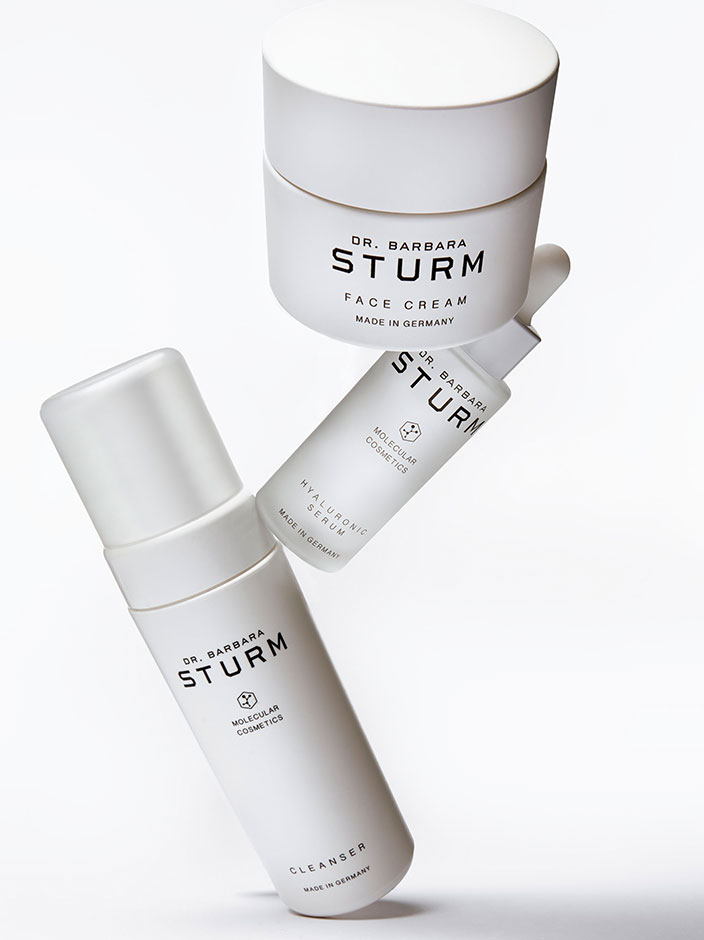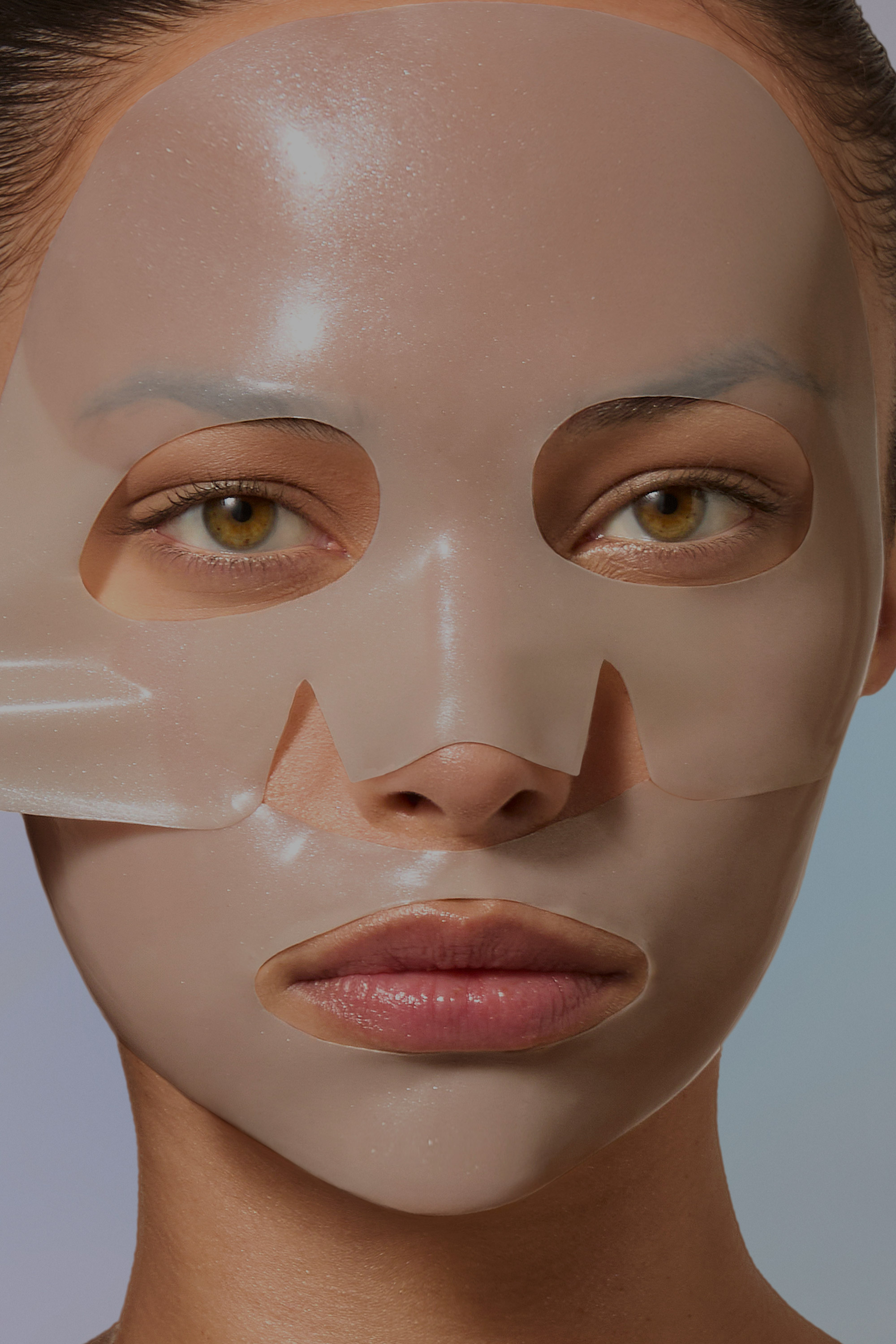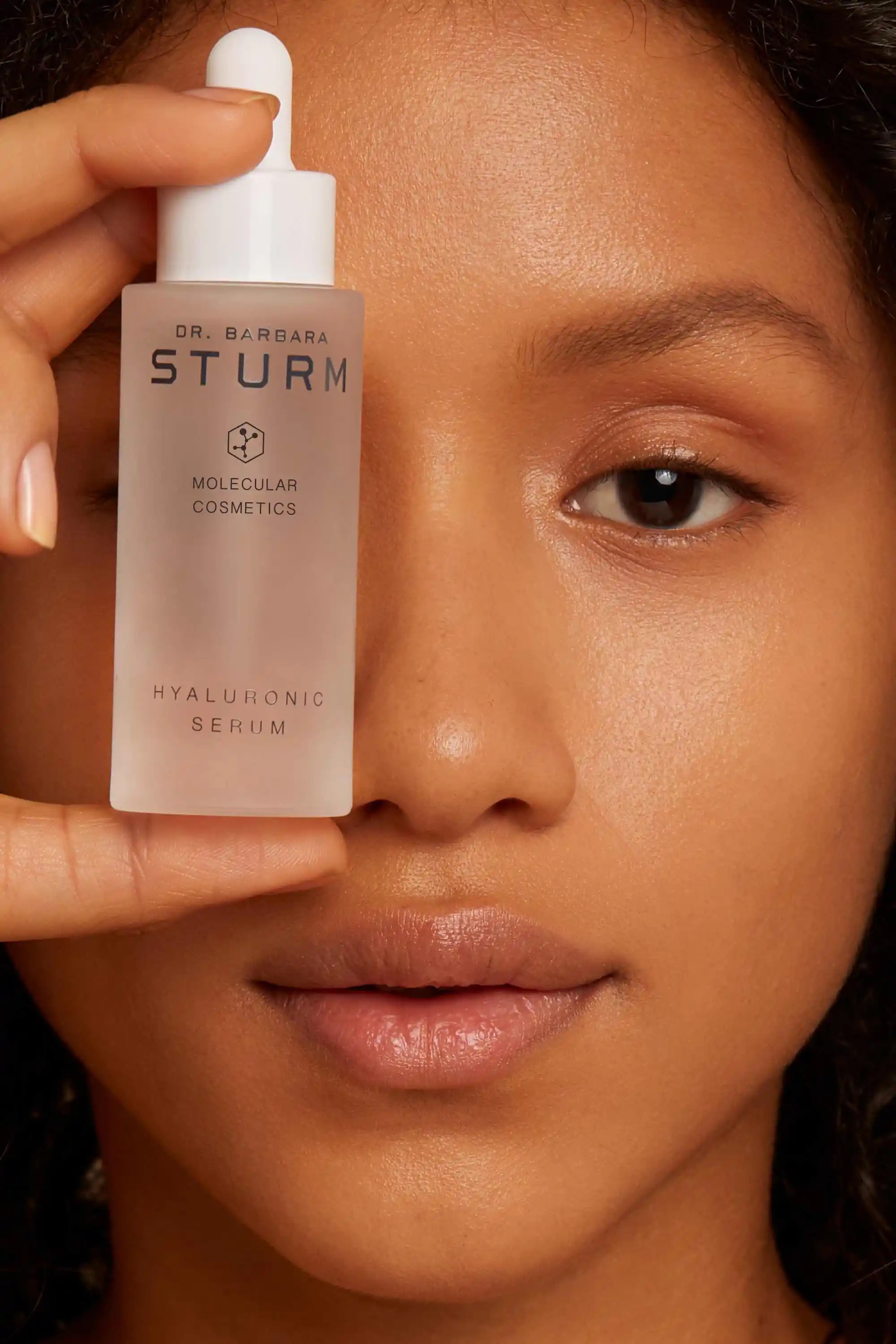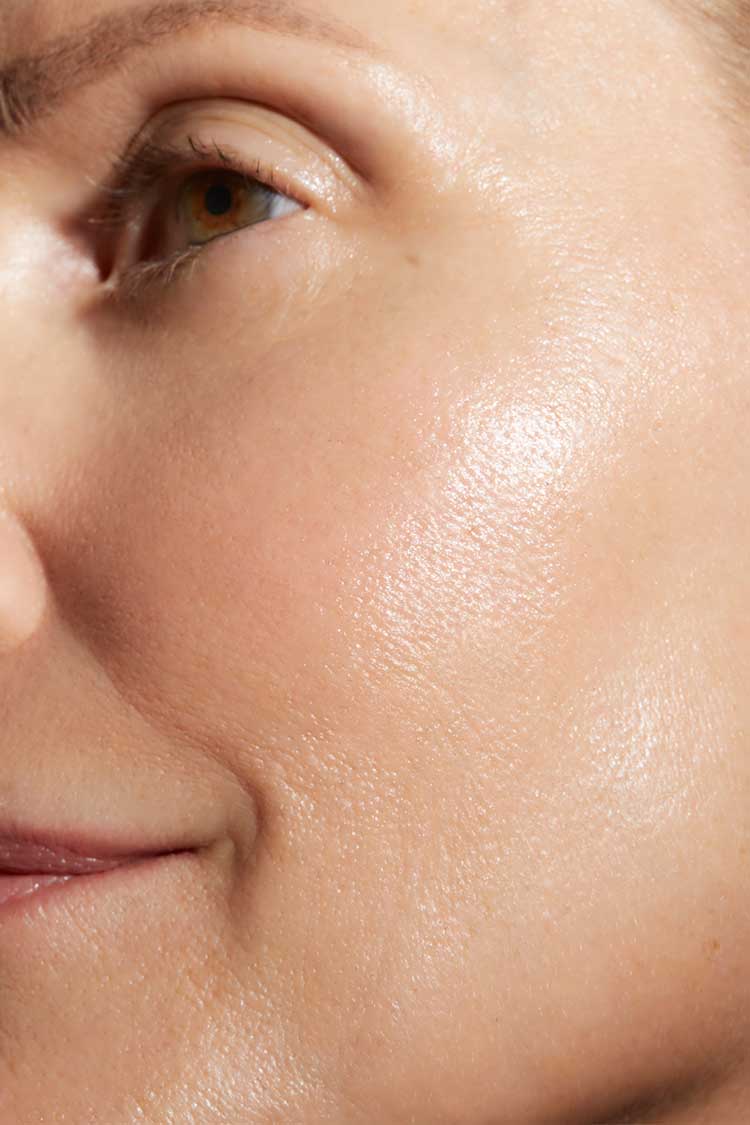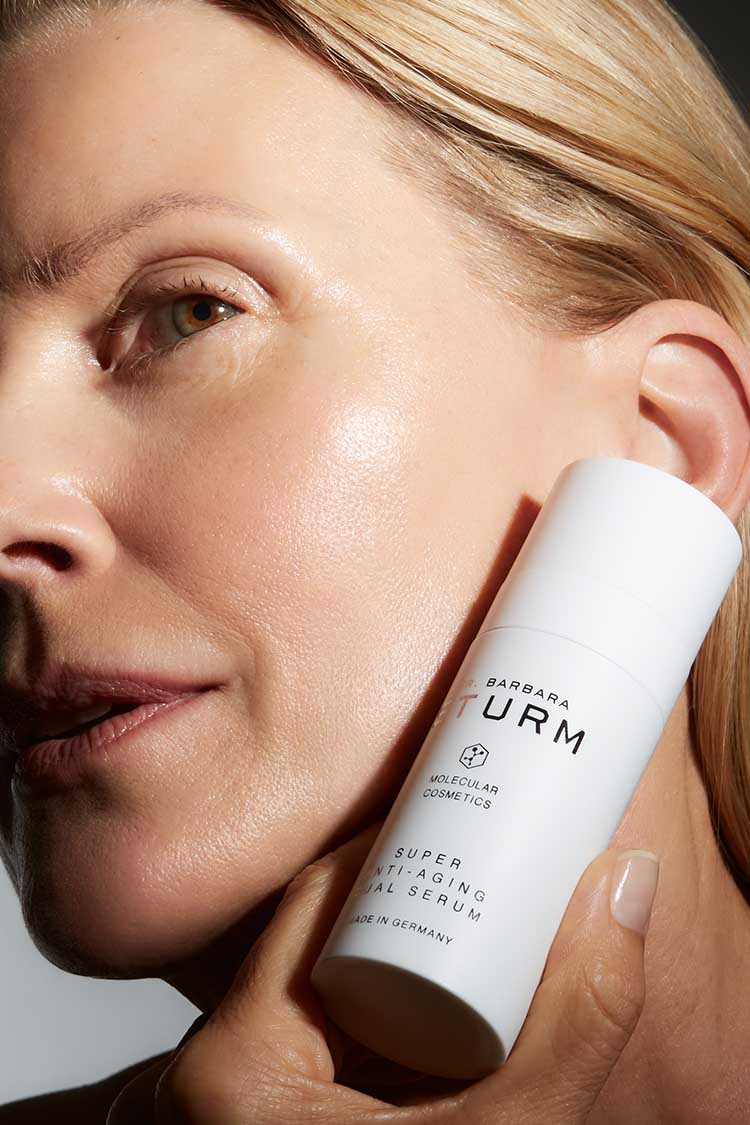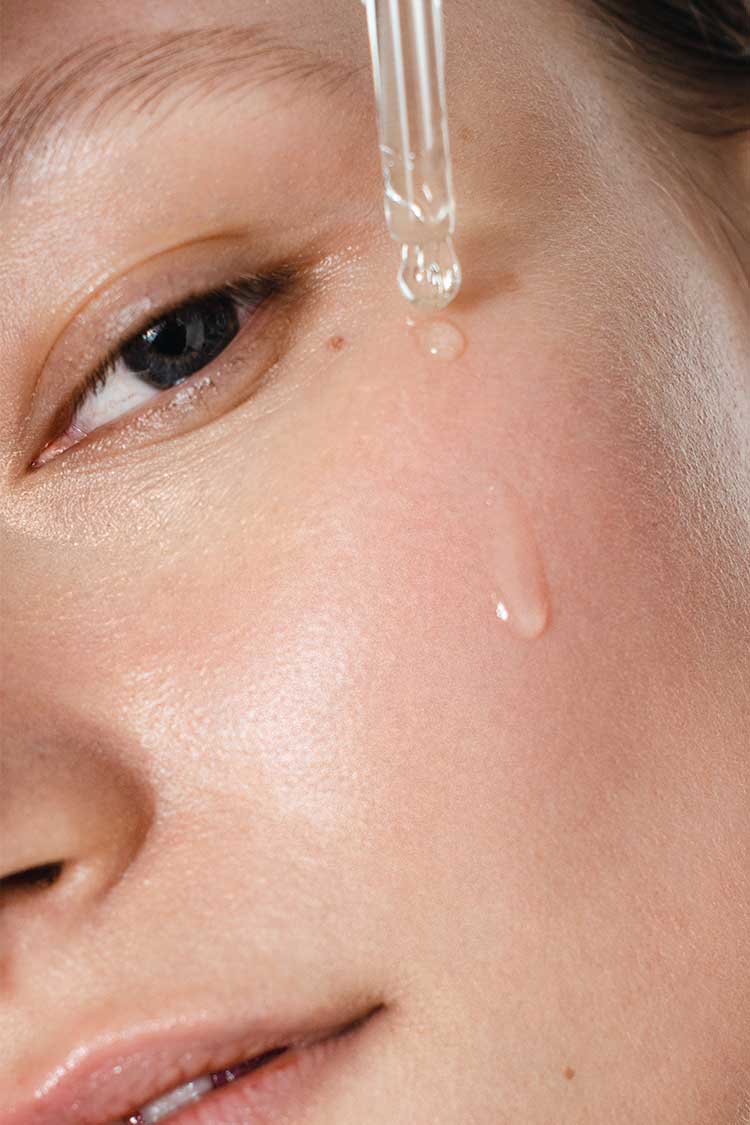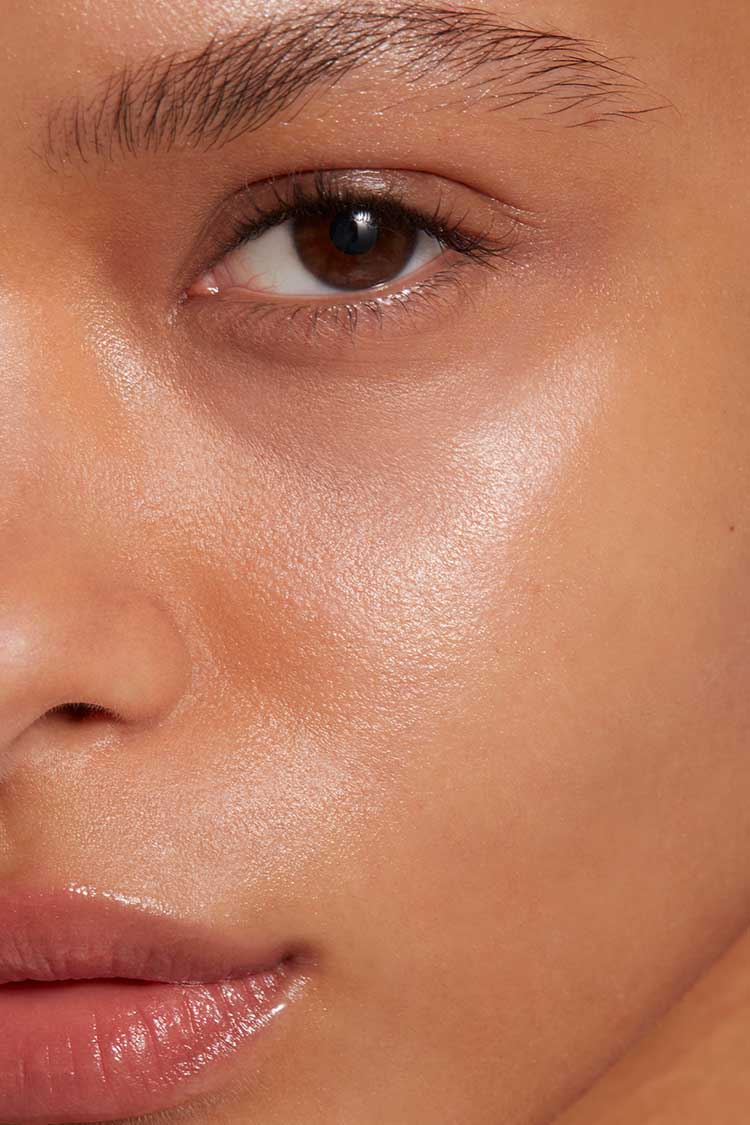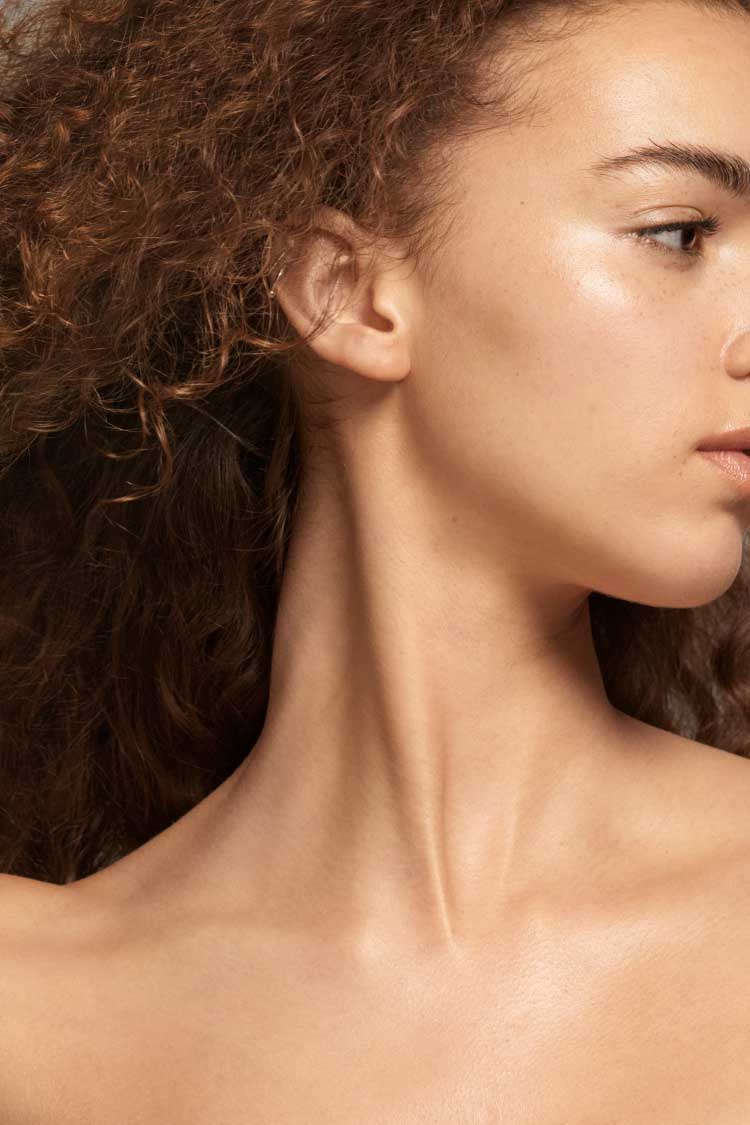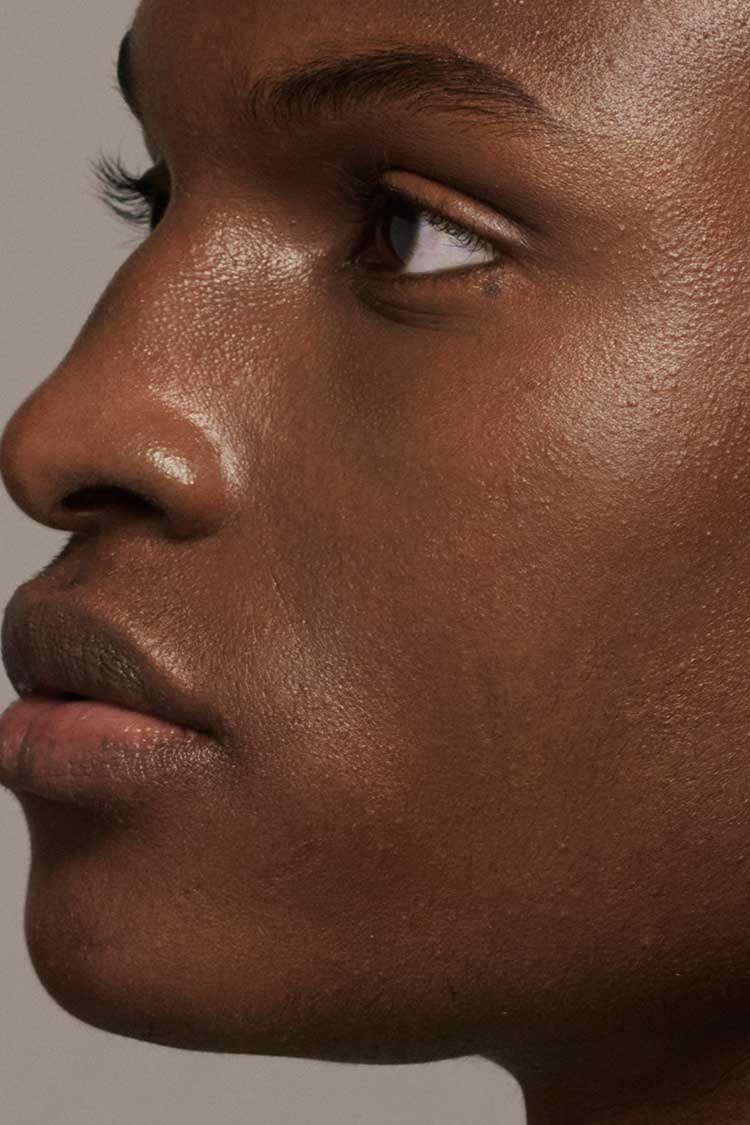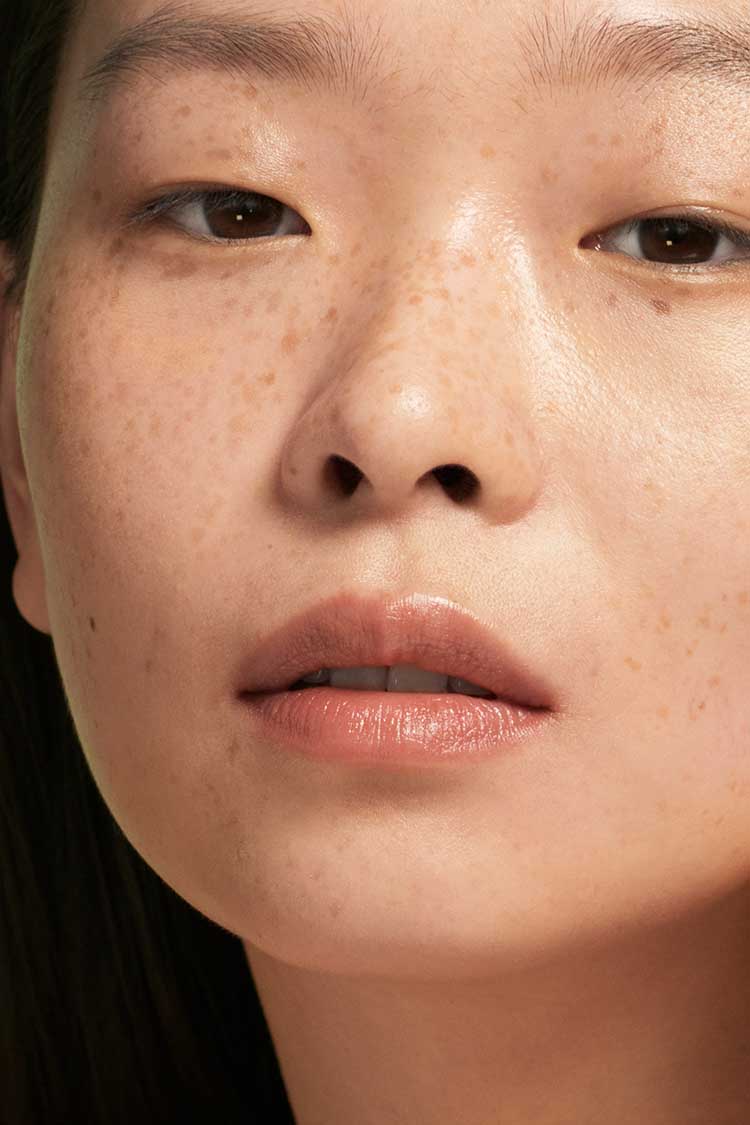HOW TO TREAT AND PREVENT BREAKOUTS
1st Oct 2020
Jenna Rennert is a beauty expert and writer. For the launch of Doctor’s Notes, the former beauty editor of US VOGUE sat down with Dr. Barbara Sturm to discuss her tips to target and prevent breakouts and blemishes.
Let's be honest: there's nothing worse than a random pesky zit. I know this first hand, having experienced a few occasional, seasonal and face mask-induced spots in the midst of summer.
Usually, to try and prevent breakouts getting worse, I strive to wear next-to-nothing makeup, opting for a tinted CC (color correction) cream and a little waterproof mascara to avoid heavy foundation from seeping into my pores. But what else should we be doing to prevent breakouts? “Breakouts are caused by hormones, excess sebum, bacteria, blocked pores and inflammation,” explains skincare expert Dr. Barbara Sturm, "which in turn, triggers more acne.” The aesthetics doctor has developed her own unique approach to clearing skin over the years with the help of her proprietary, anti-inflammatory skincare line. So I asked her to share five of her best tips to treat blemish-prone skin and prevent further breakouts.
1. Stick to a Routine
Adhering to a simple yet effective cleansing routine is the first step to helping clear up skin. And rather than incorporating harsh ingredients that dry out the skin, Dr. Sturm advises those struggling with blemishes to heal with hydration. “It’s a common misconception that you need to dry out the skin to treat breakouts,” she explains of the outdated concept – the one that conjures up images of skin-stripping '90s masks'. "In fact, most breakouts are exacerbated by inflammation and dryness.” Instead, she recommends focusing on maintaining moisture levels that will in turn "improve skin barrier function" and help skin heal by reducing irritation.
With the creation of Dr. Sturm’s CLARIFYING collection, she attempts to do just that. “It includes a complex of Balloon Vine, Viper’s Bugloss and Sunflower Seed Oil that strengthens the skin’s moisture barrier." It also "helps to restore its natural barrier function", which is responsible for keeping out the bad stuff, like toxins and bacteria and keeping in the good (i.e. hydration). Dr. Sturm advises those with acne-prone skin to stick to a simple daily cleansing routine and incorporate her soothing and anti-oxidative CLARIFYING SERUM and CLARIFYING FACE CREAM to help treat and prevent future spots.
In addition, Dr. Sturm recommends swiping her alcohol-free, BALANCING TONER over the skin after cleansing at night. According to the expert, this step is “especially important because it removes any leftover traces of makeup, pollution and other impurities which can clog your pores.” Plus, the toner contains Beta-Glucan and Panthenol which balance the skin’s pH levels while Hyaluronic Acid soothes and provides “a moisture boost.”
2. Try a Spot Treatment
Should a pesky spot arise, Dr. Sturm suggests dabbing on a spot treatment, morning or night. “Spot-treating a blemish with healing and soothing ingredients can help to even out the post-inflammatory hyperpigmentation that usually results,” she explains. During the day, consider applying her tinted CLARIFYING SPOT TREATMENT. The fast-working solution comes in eight shades and is formulated with antibacterial Tea Tree Oil and Zinc Oxide (to control sebum) and Vitamin B3 (to support the skin’s healing process). Before bedtime, Dr. Sturm recommends dabbing on the clear, untinted option for extra nighttime action. Both are “created with hydrating ingredients to help reduce visible redness and irritation,” she says.
3. Never Underestimate the Power of Exfoliation
In conjunction with your daily skincare routine, Dr. Sturm recommends those with acne-prone skin to exfoliate three times a week. Beyond brightening and smoothing the appearance of skin, “exfoliating aids the removal of dead skin,” she says, “and helps to remove bacteria from the pores so sebum can’t build up.” Since those with breakouts may also be dealing with sensitivity, Dr. Sturm suggests her highly effective DARKER SKIN TONES ENZYME CLEANSER. “It’s formulated with enzymes that specifically and gently target dead skin without disrupting the life, health or function of living skin."
4. Consider Changing Up Your Diet
According to Dr. Max Schubert, the Medical Director of Health and Wellness at Austria’s medical detox and wellness center, Vivamayr Altausee, what you eat may have an impact on your skin. “The metabolism of animal dairy products leads to acid metabolites like biogen,” he explains, “which can cause irritation to the skin.” According to a study done by the American Academy of Dermatology, women who drank two or more glasses of cow's milk a day were 44% more likely to have acne than others.
Dr. Sturm concurs and notes that she asks clients to always get their blood checked for lactose intolerance and allergies if they’re prone to acne. “I also recommend all of my clients follow an anti-inflammatory diet, no matter what their skin type,” she says, suggesting her clients avoid sugar, refined carbs, processed and fried foods and swap in fatty fish, colorful fruits and vegetables, chia seeds, olive oil, purslane, mushrooms, sweet potatoes and avocado.
Dr. Sturm also recommends taking a skin calming supplement to aid in decreasing irritation. “My REPAIR FOOD helps boost the body’s natural repair process,” she explains. “Each capsule provides a concentrated dosage of the flavonoids Boswellic and Ellagic Acids, which help the body deal with oxidative stress.” Plus, a unique blend of Turmeric and Licorice root calms down skin which in turn reduces the appearance of acne.
SIGNATURE:
Jenna Rennert
DATE:
01 October 2020
Shop the Doctor's Note
